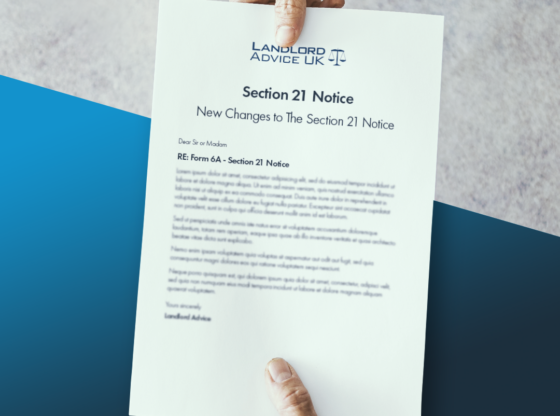Mortgage Arrears – How to Avoid Repossession
Whether you a property owner, living in your property, or a landlord, many properties are purchased by obtaining a mortgage or buy-to-let mortgage.
The property will be registered with HM Land Registry as belonging to the purchaser, but the lender will have a charge against the property.
If you fail to keep up with your mortgage instalments, you will fall into arrears. Missed mortgage payments are recorded on your credit file, and adversely affect your credit rating. If you do not pay what you owe to the lender promptly, you are at risk of your property being repossessed by the lender. There are ways in which a borrower who has mortgage arrears can avoid repossession.
A lender can apply to the Court to seek a possession order where there are outstanding mortgage arrears.
The Court would usually make an outright possession order in cases where:
- the borrower does not attend the possession hearing,
- there is no prospect of the arrears being cleared within a reasonable period,
- a time order is not requested or is refused by the Court, or
- where the borrower is unsuccessful in persuading the court to grant time to sell.
Outright possession orders will often require the borrower, and any occupants, to give up possession of the property within 28 days. The Court does have the discretion to postpone the date for possession to a later date if there is a good reason to do so, such as where the borrower would face exception hardship if they were to be ordered to vacate the property within 28 days.
Once the date for possession has passed, the possession order can be enforced by the lender obtaining a warrant or writ for possession which will be executed by a bailiff or high court enforcement officer. However, the court does have the discretionary power to postpone enforcement for a reasonable period.
Suspended possession order
A suspended possession order would usually be made where the borrower can prove that they could commit a payment plan of the outstanding mortgage arrears over a reasonable period of time.
A suspended possession can only be enforced by the lender where the borrower breaches the terms of repayment set out in the suspended possession order.
The Court has the discretion to refuse to make a suspended possession order.
Time order
Borrowers in difficulties can ask the court for a time order to reschedule a loan over a longer period. A time order allows the court to reschedule the payments due in order to give the borrower more time to make repayments. The time order provisions grant the court more flexibility in setting terms for repayment as it may interfere with the terms of the agreement.
Where a time order is made, the court should suspend any possession order that it also makes, so long as the terms of the time order are complied with.
Adjournment
The court may adjourn the hearing for the claim for possession where:
- There is a procedure issue, such as where the lender has failed to provide all required information.
- an adjournment under the Administration of Justice Acts for the borrower to pay the arrears over a reasonable period.
The court can grant an adjournment for procedural issues for however long it deems reasonable. The court can give directions at the same time to the adjournment, for example, directing that the borrower pays the current instalments due under the terms of the mortgage. The court will send out a written notice giving the date and time of the next hearing.
The court may grant an adjournment to repay the arrears over a reasonable period if one or more of the following apply:
- the arrears are low.
- the borrower has maintained an agreement to pay by instalments.
- the lender has not taken court action as a last resort.
This type of adjournment is often referred to as “adjourned generally” or “adjourned generally with liberty to restore” which means the case is adjourned as long as the borrower keeps to the monthly payments specified by the court. This has the advantage of requiring the lender to apply to the Court for another hearing if the payments are not made, which can result in the borrower become liable for the lenders legal costs for another hearing.
Where the lender has a contractual right to possession, for example because the arrears have reached an amount specified in the agreement, the court is unlikely to adjourn the matter unless there are procedure issues. If this is the case the borrower should ask the court to suspend the possession order.
Time to sell
The court can also suspend the possession order for a reasonable period to allow the borrower time to sell the property.
The court must be satisfied that the proceeds of the sale will be sufficient to pay off the remaining balance on the mortgage. If the borrower is in negative equity the court can only suspend the order if the borrower has other funds sufficient to meet the shortfall.
If you have outstanding mortgage arrears and a claim for possession has been made, contact our legal team, you can find out contact details here. Members of the British Landlords Association can receive discounted rates on our legal services.










